The Impressive changes of Cartagena’s bay
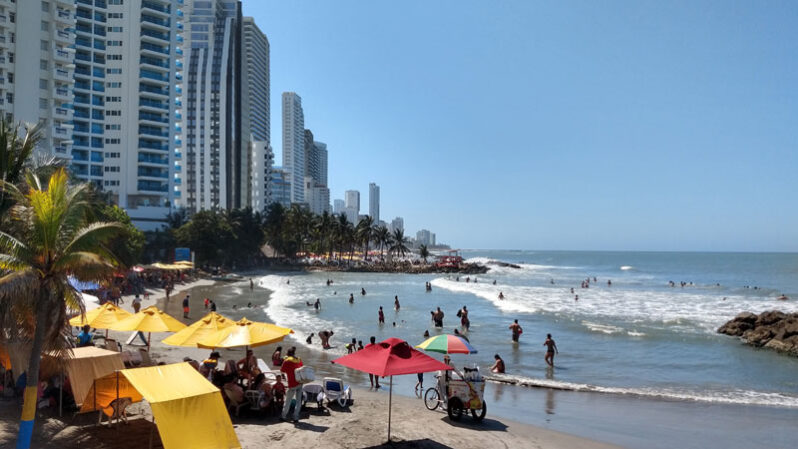
As a consequence of the confinement measures and beaches closures in Colombia, the Cartagena Bay’s waters are now crystalline.
Ships’ emissions create measurable regional change in clouds

Years of cloud data over a shipping route shows that pollution from ships has significantly increased the reflectivity of the clouds. The results suggest that industrial pollution’s effect on clouds has masked about a third of the warming due to fossil fuel burning since the late 1800s.
7,000 gallons of sewage from San Onofre nuclear plant spills a mile into the ocean
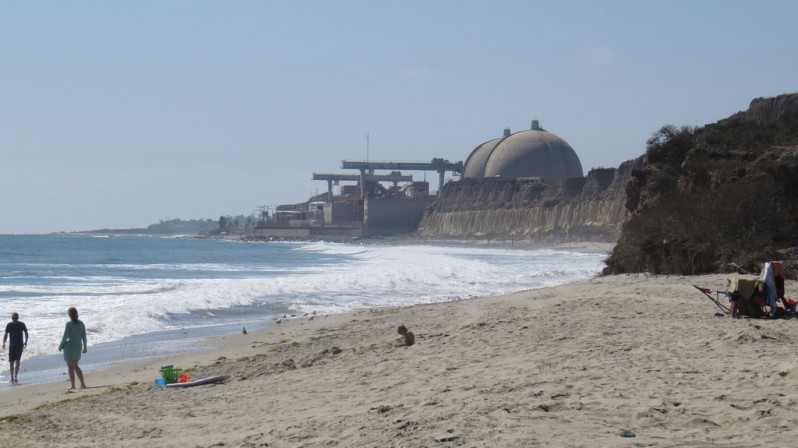
Officials at Southern California Edison, the plant’s operator, said the sewage amounted to a “non-radiological release” that entered the ocean through a conduit from Unit 2 at the facility.
Venice: wildlife returns to tourist-free city
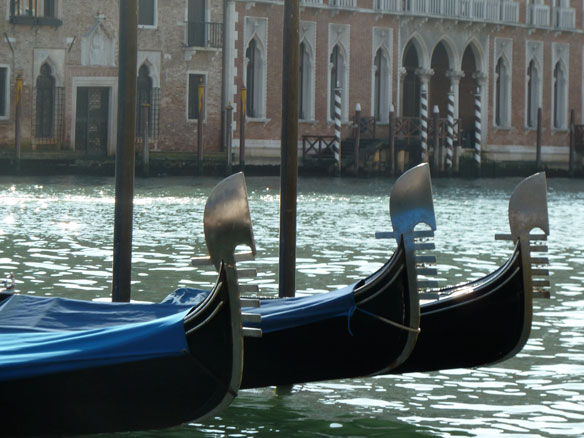
Under Venice’s strict rules of self-confinement to prevent the spread of the coronavirus, the ancient city has been transformed almost overnight. With the cruise ships gone and the souvenir stalls closed, the sanitary emergency lockdown has transformed La Serenissima’s hundreds of canals and waterways.
Breaking bad: uncovering the oil industry’s dirty secret
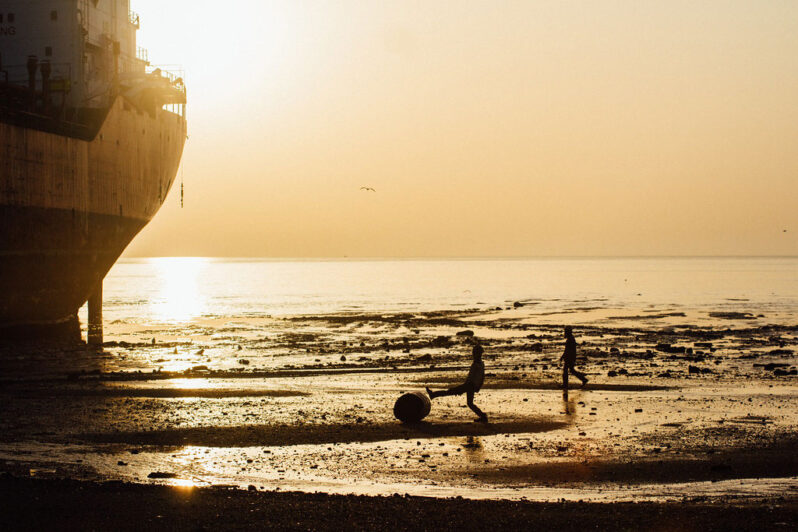
Alang is a graveyard for ships. Its coastline was once filled with fishing boats — but today the rusting hulks of oil tankers and ocean liners stretch for miles along the shores of this town in north west India.
Is a world without trash possible?
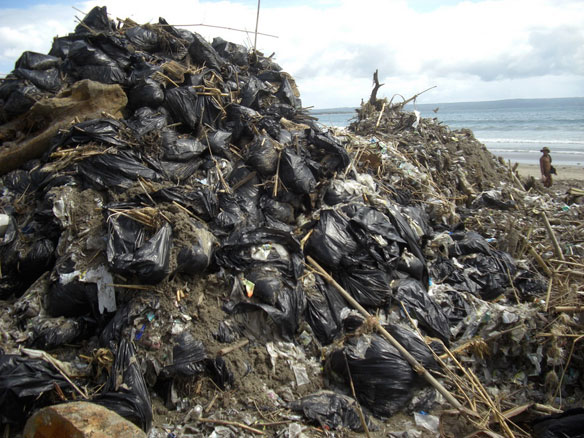
The vision of a “circular economy”—where we use resources sparingly and recycle endlessly—is inspiring businesses and environmentalists alike.
Cars that eat paradise
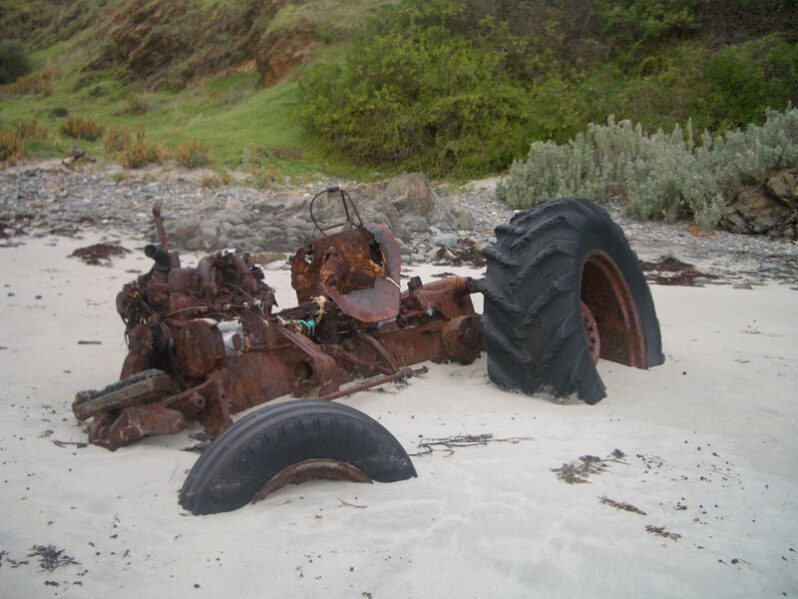
While known for pristine beaches and blue skies, Pacific Islands are also polluted with thousands of man-made monuments: rusting cars, trucks and other wreckage.
Ocean oddities: ghost ships
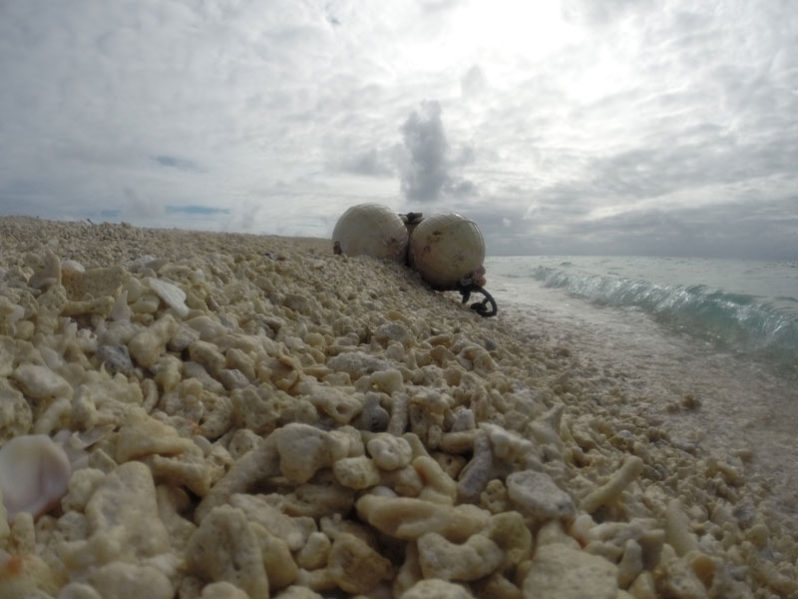
As long as a boat stays afloat, it can still keep moving, even if there is no one onboard. For vessels abandoned at sea, currents and winds become captain and crew. With that endless kinetic energy to drive them, and a vast, often empty ocean to roam, the ghost ships may eerily sail on indefinitely.
211m gallons of sewage spilled into Fort Lauderdale waterways, officials say
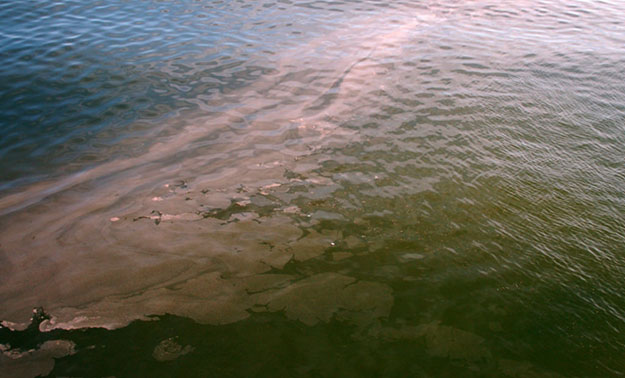
Fort Lauderdale officials say 211.6m gallons of sewage has spilled into Fort Lauderdale waterways in the past few months. That’s enough to fill 320 Olympic-sized pools.
